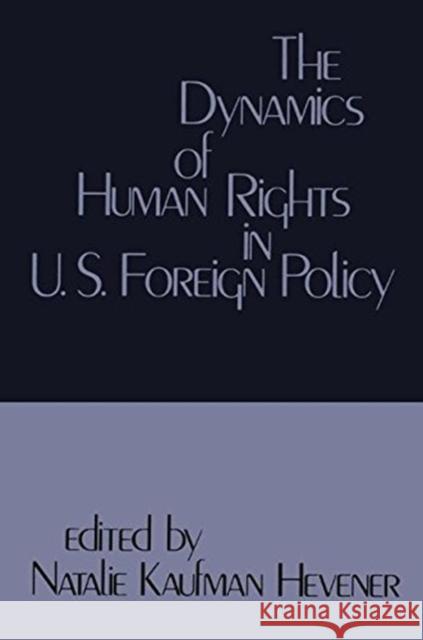The Dynamics of Human Rights in United States Foreign Policy » książka
topmenu
The Dynamics of Human Rights in United States Foreign Policy
ISBN-13: 9781138535275 / Angielski / Twarda / 2018 / 375 str.
The Dynamics of Human Rights in United States Foreign Policy
ISBN-13: 9781138535275 / Angielski / Twarda / 2018 / 375 str.
cena 473,10
(netto: 450,57 VAT: 5%)
Najniższa cena z 30 dni: 428,13
(netto: 450,57 VAT: 5%)
Najniższa cena z 30 dni: 428,13
Termin realizacji zamówienia:
ok. 16-18 dni roboczych.
ok. 16-18 dni roboczych.
Darmowa dostawa!
First Published in 2017. Routledge is an imprint of Taylor & Francis, an Informa company.











